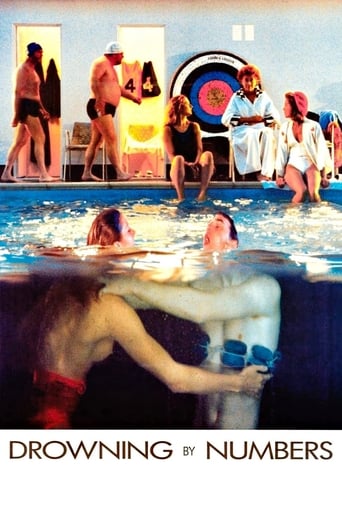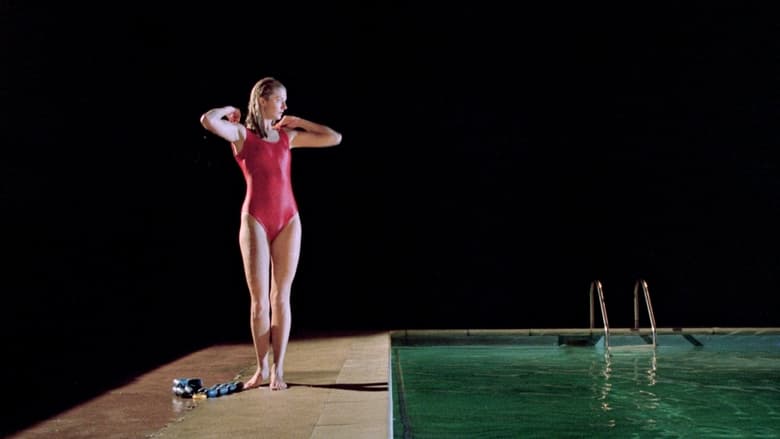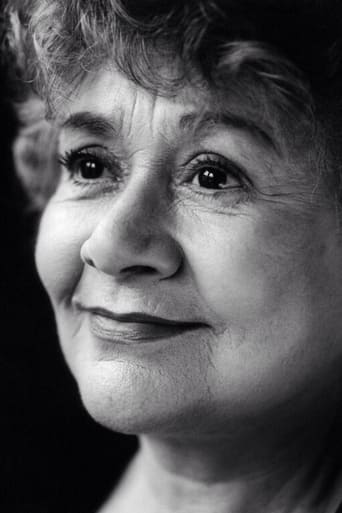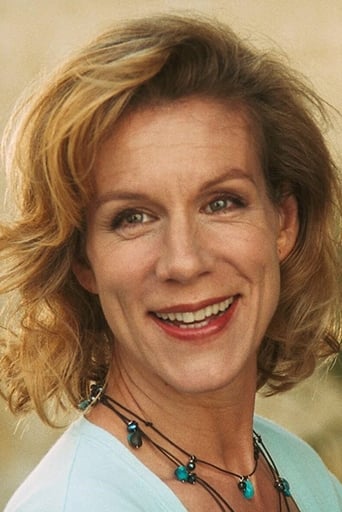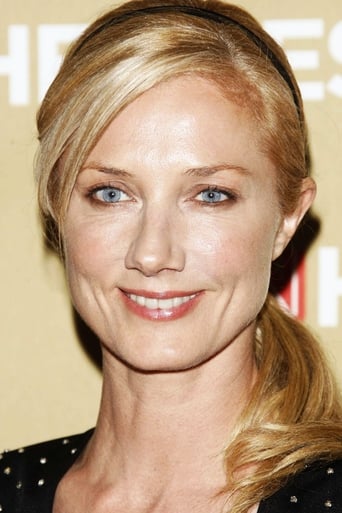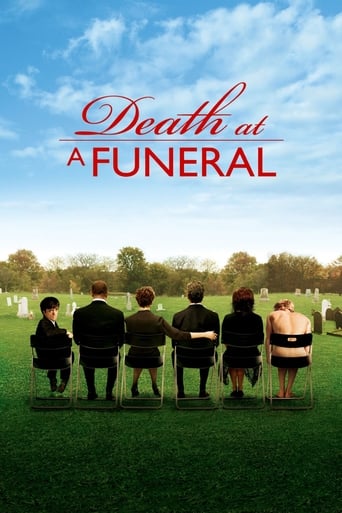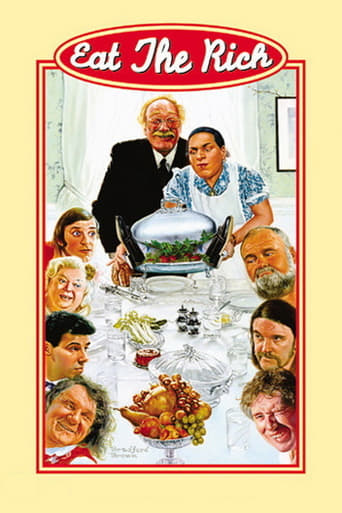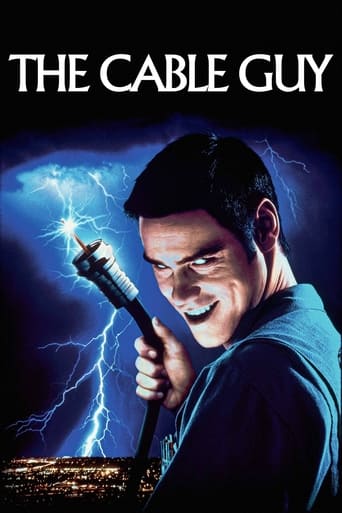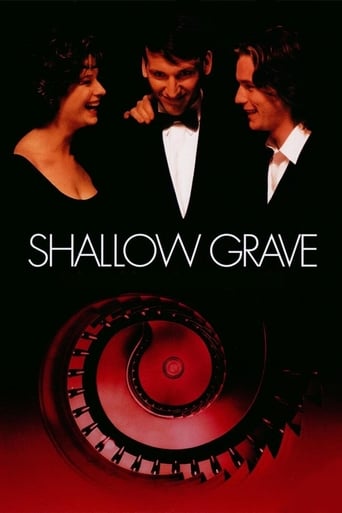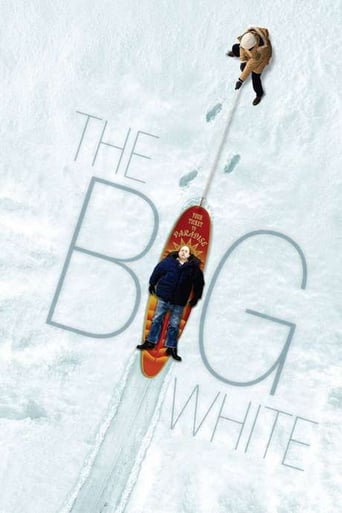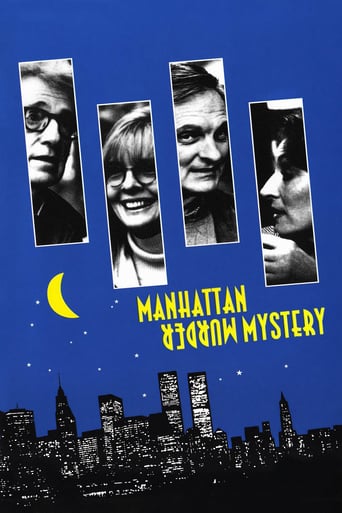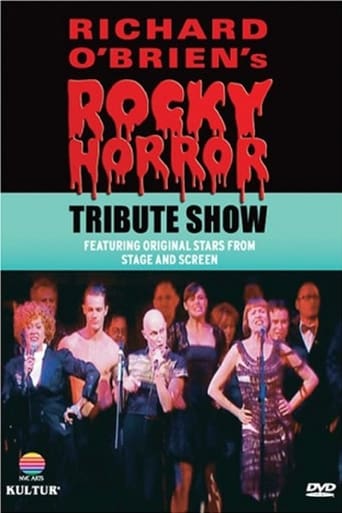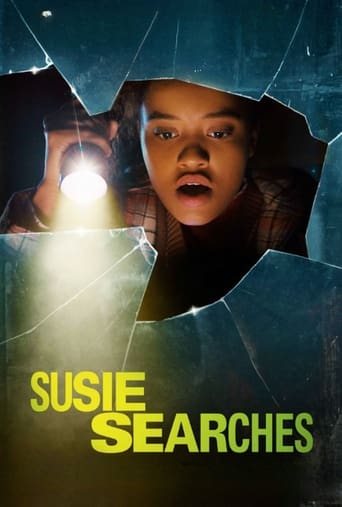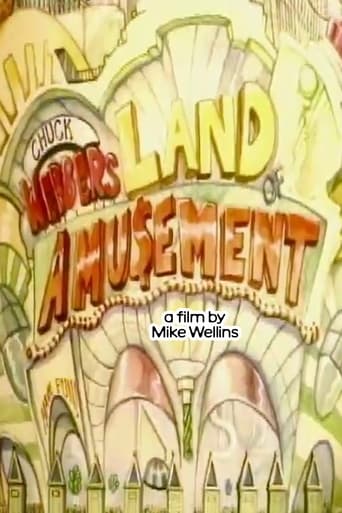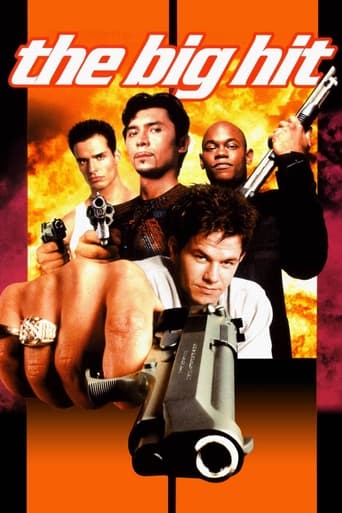Drowning by Numbers (1988)
Three generations of women who seek to murder their husbands share a solidarity for one another which brings about three copy-cat drownings.
Watch Trailer
Cast


Similar titles
Reviews
Sorry, this movie sucks
It's the kind of movie you'll want to see a second time with someone who hasn't seen it yet, to remember what it was like to watch it for the first time.
Exactly the movie you think it is, but not the movie you want it to be.
The thing I enjoyed most about the film is the fact that it doesn't shy away from being a super-sized-cliche;
This is a black comedy-drama film set in Southwold, Suffolk. It stars Joan Plowright, Juliet Stevenson and Joely Richardson as three middle-class women (who ridiculously all have exactly the same name) from the same family. Each woman murders her husband, then tries to persuade the coroner to help them get away with it.This pointless, weird, miserable, boring film is very hard work to watch. The numbers 1 to 100 appear in the film - almost all of them are in order, but a few aren't. Some of them are very difficult to find. It takes great concentration to find them all - but they are of no relevance.It's preposterous that these educated killers would think that they could get away with their crimes in a tiny town. None of the characters are likable. The coroner's son is the worst to watch and listen to. He's a very annoying kid who proudly drones on and on about various strange games - as though what he's saying is really important. He - and the film - give the impression that they're old, traditional, rural English pursuits that many people frequently play. However, most of them are either invented for the film or are obscure. None of them have anything to do with the main plot.This film is a waste of the acting talent of its three actresses. It doesn't work as a black comedy, because it isn't funny. It doesn't work as a drama, because it's too ridiculous to take seriously. What point is there to this film - other than to make the ludicrous claim that death is just around the corner in this tiny, prosperous town?
Peter Greenaway is an auteur one either loves or hates because there isn't even enough room to ride that thin line in between, and well Greenaway couldn't care less. He is certainly one of the most polarizing, visually ambitious and endlessly entertaining directors to arise out of the mass extinction of the mid-century masters. Surely, one could see why people would not like his boldly erudite, obsessively erotic, overly confident bombastic stylings and at times relentlessly crude films, but dammit if you do, you really do. And from the opening shot, well second shot, one reminiscent of some belligerent witches' orgy, the unlikely late-'80s masterwork, Drowning by Numbers, is non-stop, unapologetic fun; Peter Greenaway in full form. There is much to be said about his style—there is a Greenaway style—but there are many parts of this particular film, not just in the visual sense, with his straight-on, theatrical, tableau compositions that feels like a proud cool uncle to Wes Anderson movies, but also in the story itself, the offbeat, dry humor of the lovingly interminable characters and in the voice-over explanation of the mirthfully macabre games played by Smut, the bespectacled young coroner's son. The amalgamation of elements in Drowning feels as if it could have given birth to the Wes Anderson masterpieces. That is Anderson with much more bite, irreverence and darkness. The story sits in some surreal alternate universe, seemingly removed from time. The opening scene begins with a young girl, in what could be described as an oversized avant-garde Victorian-ish dress, jumping rope in front of her mother's house staring up at the stars counting 100 different celestial bodies, and later in the film 100 will turn up again. She finishes and the movie begins. An older man is seen drunk fooling around with a much younger well endowed girl. The young lady hops into one bathtub while the man climbs into the other of the side by side tubs. All the while his wife, Cissie Colpitts (Dame Joan Plowright) is watching, no crazy look, just a look of exhaustion. A confrontation with her husband begins. He, still in the bathtub, attempts to make excuses, all for naught, because it ends with her drowning the drunken slob, all in calm demeanor, a bit morbid and cruel, but always doused in that dark Greenaway humor. These two opening scenes set the two tones for the film: mystical and elusive, and corporeal and murderous farce.Greenaway is obsessed with laws of probability and numerology, creating intricate (possibly?) little puzzles at every turn, but are they simply arbitrary or do they possess any meaning, or any extra meaning to the film. The numbers 1-100 are seen littered throughout the film, usually by the hands of young Smut. He and his father are game specialist. All three women end up killing their husbands, by drowning and getting away with it, because of their connection to Madgett who loves all three, who just wants physical contact and the chance to marry any of the three women at the drop of a hat. The women stick together always coming up with reasons to rebuff Madgett, yet still using enough seductive powers to string him along and keep him as an aid for covering up their murders, even as some of the townspeople and law enforcement become suspicious of him and begin an investigation. Plowright, Stevenson and Richardson are a hell of a trio and their personalities and the dynamic that they have together is part of the reason the audience never develops a hatred for these murderous women, though you don't love them either. There is a very strong "community of women" with the Cissies, a term often used in queer cinema theory and often used when discussing parts of Pedro Almodóvar's oeuvre, think Penelope Cruz and her female neighbors in Volver. While this is not queer cinema by any means, the way the women come together does create a unit that brings the audience into their family dynamic, to the point which you cheer that they do not get caught. In one of the most telling scenes in the film, after Cissie 2 (Stevenson) lets Madgett feel her up a bit before she shoots down his advances, Madgett asks why she killed her young husband of about only three weeks. After a long pause, Cissie 2 answers that it is probably because she knows she can get away with it with him (Madgett) as the coroner. Statements such as this one, which essentially says: "I did it because I could, I was done with him and I drowned him because I could," leads to the speculation that the games the women are always accusing Madgett and Smut of playing has led the women to play their own game. In their game of pushing the limit just because they can exploit their friendship with Madgett could possibly make their murders arbitrary, mirroring the numerology that underlies the entire film, thus making the whole number system as arbitrary as their coldblooded murders. As everything begins to unravel and the women decide that they could never marry Madgett so must drown him as well, we see the young girl with the jump rope whom Smut is in love with suddenly be hit and killed by a car, even though she stayed jumping rope as close to her front door as possible just as other mother had told her to do, but now in this constructed Greenaway universe, the laws of probability and statistics are running from the rule to the exception exposing the numerical world that the film inhabits as nothing more than arbitrary capriciousness that boils down to nothing but mirthful, devious nihilism for Greenaway to laugh at. Because if there is one thing you should do while watching Drowning by Numbers it is to laugh, setback and enjoy the absurdity of it all and marvel at the aestheticism of Greenaway's visual schema yet again.
A small-town coroner, who has a young son obsessed with death, helps three women get away with drowning their husbands in this dreadful, pretentious film. While it cannot be denied that director Peter Greenaway has unique vision, the question remains whether his vision is worthy seeing. I appreciate his films in theory, but not in practice. There are a few interesting moments scattered about, but what's the point? What is this film about? And why should we care about the characters and the story? Those are questions Greenaway left me unmotivated to answer.
Despite the misanthropy, this is the only Peter Greenaway movie that I actually enjoyed. (Admittedly, this may have something to do with the ratio of female to male genitalia in this film as compared to some of Greenaway's others.) The bit with the numbers is original and clever. It's all sensuously and beautifully shot. Joely Richardson is really quite attractive here. The games are sort of neat.

